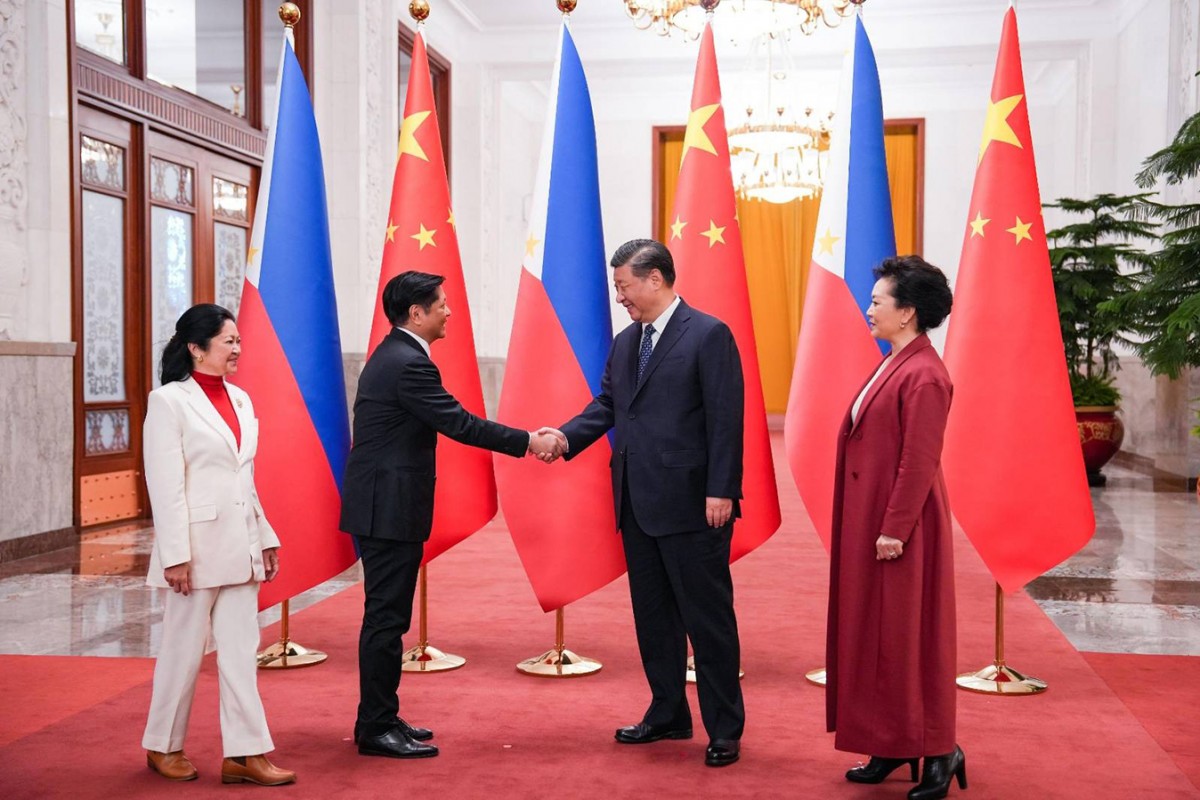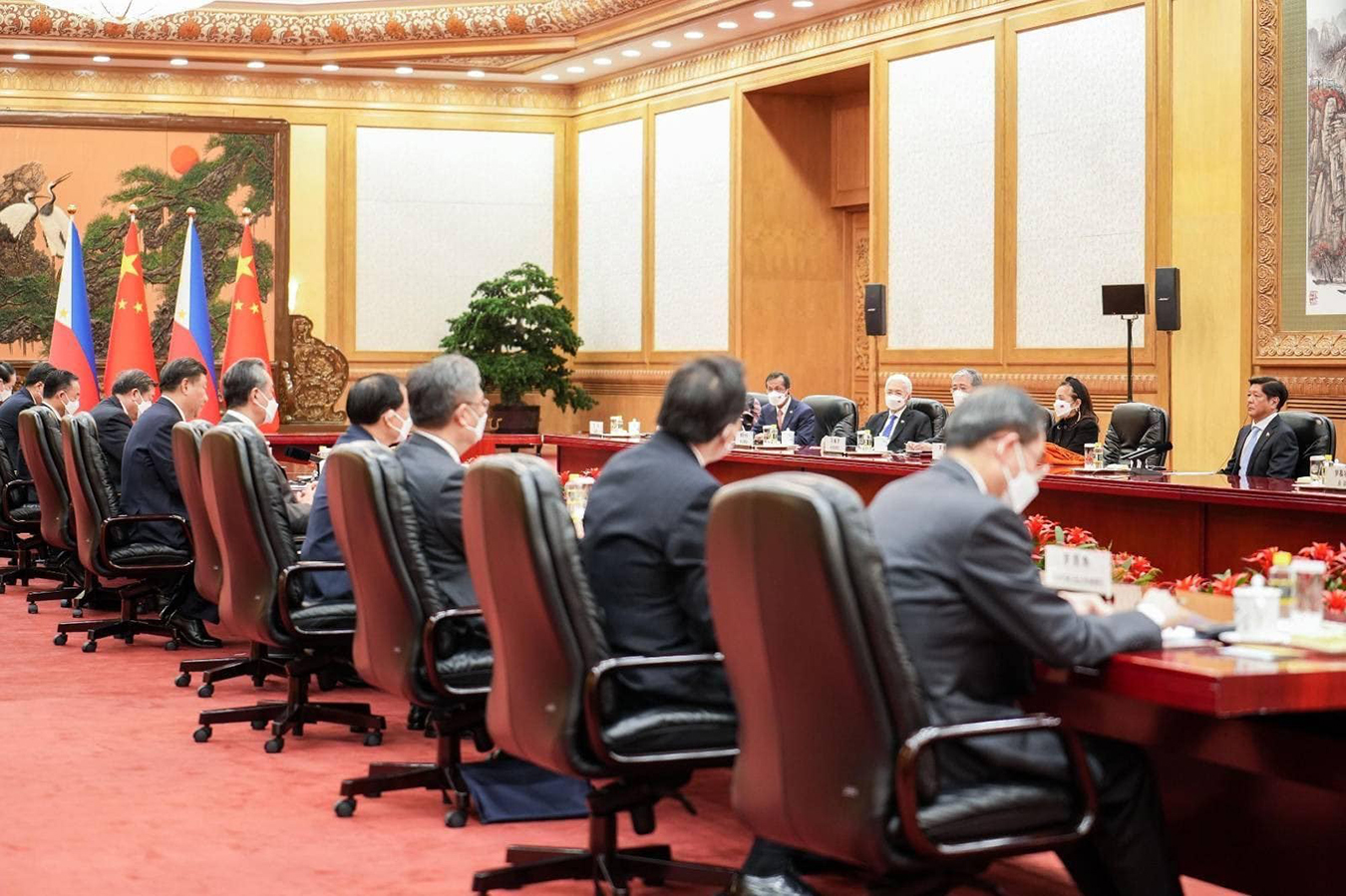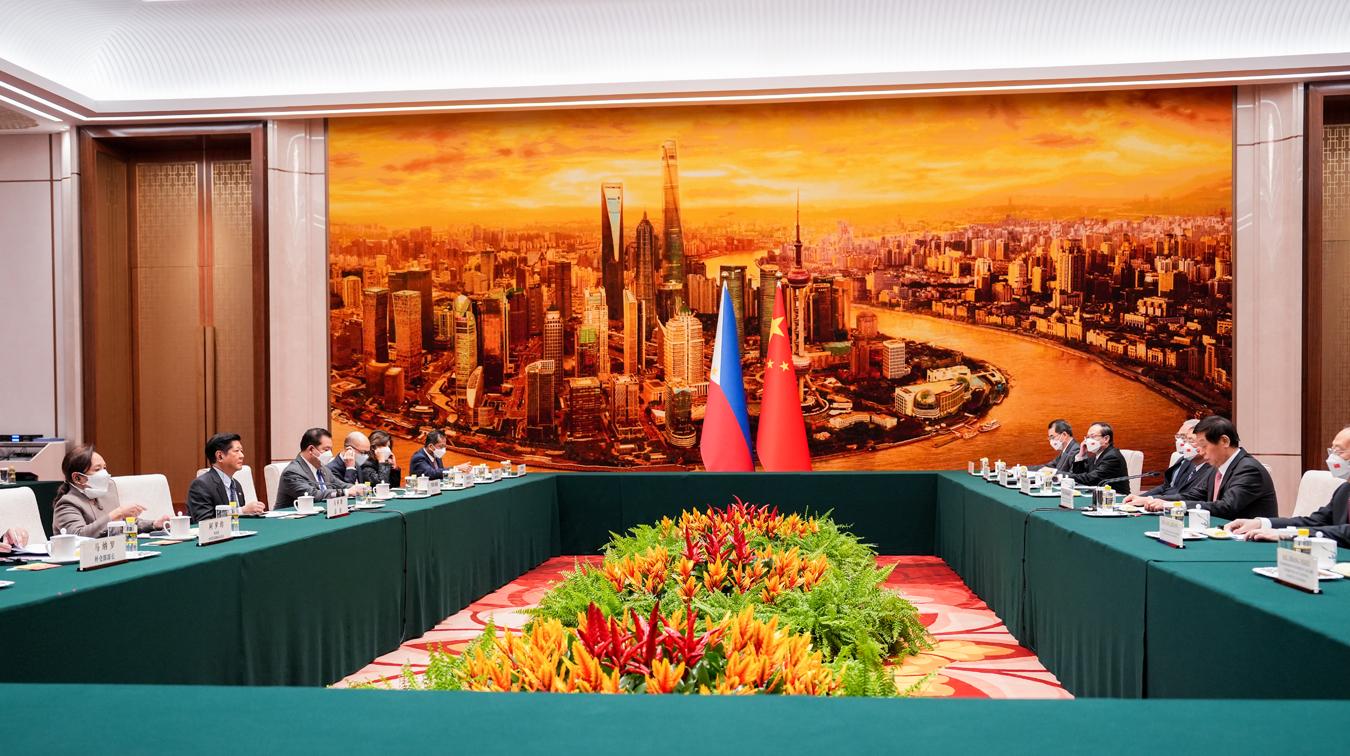MANILA -- President Ferdinand R. Marcos Jr. on Thursday opened the country’s door for more Philippine fruit exports to China as he cited the agricultural sector “at the forefront” of the post-pandemic economic recovery strategy.
“As the protocol for the export of fresh Philippine durian was signed yesterday, the market for this fruit is now open to Philippine exporters and Chinese importers,” President Marcos said in his remarks at a roundtable discussion with chief executive officers (CEOs) from the agriculture sector in Beijing, China.
President Marcos was referring to Manila and Beijing’s agreement on a protocol of phytosanitary requirements for the export of fresh durians from the Philippines to China between the Department of Agriculture (DA) and China’s General Administration of Customs.
USD 2.09 billion in purchase intentions for Philippine fruit exports secured by the Marcos administration also covers coconut and bananas, among others.
The President said at least four companies had expressed their intention to purchase more Philippine tropical fruit products, especially durian.
Fresh fruits, including Cavendish bananas, have been the top drivers for Philippine agricultural exports to China.
The chief executive noted the agriculture sector’s vast economic potential and assured business leaders that durian growers, represented in the meeting by the Davao Durian Industry Association, “have long waited for this opportunity and are ready to meet the demands of the Chinese market.”
The Davao region covers 78 percent of the total durian production in the country.
It was noted that Chinese people have an appetite for durian that in 2021, total durian imports from Thailand amounted to USD 4 billion, more than triple the total Philippine agricultural exports to China in the same period.
President Marcos also welcomed the intention of several Chinese companies to invest in coconut, the livestock sector, and develop durian as a plantation crop.
“These will generate much-needed employment, enrich the sector’s research and development activities and capabilities, enhance domestic and international trade, and ensure food security at affordable prices,” said the President.
The Philippines’ Coconut Farmers Industry Development Plan is also expected to facilitate the rehabilitation and modernization of the Philippine coconut industry, according to the President.
The plan aims to provide the catalyst needed to enable more coconut products from the Philippines to enter the Chinese market.
President Marcos also noted the “great potentials” of the country’s coconut products once exported to the Chinese market.
In the same meeting, Trade Secretary Alfredo Pascual touted the Philippines as a “highly promising production base for agribusiness, a source also of products for export to China.”
“We invite you to firm up your interest to make [an] investment destination in the Philippines for plantation development and building of processing facilities,” he told businessmen.
The trade chief also noted the country’s “large working age population and growing pool of skilled workforce.”
In 2021, 58 percent of the country’s exports to China was composed of fresh fruits, dominated by Cavendish bananas, followed by fresh pineapples, Lady Finger bananas, Solo papayas, Hass avocados, and young green coconuts.
However, the bulk is Cavendish bananas at 75 percent of total fresh fruit exports. (OPS)





